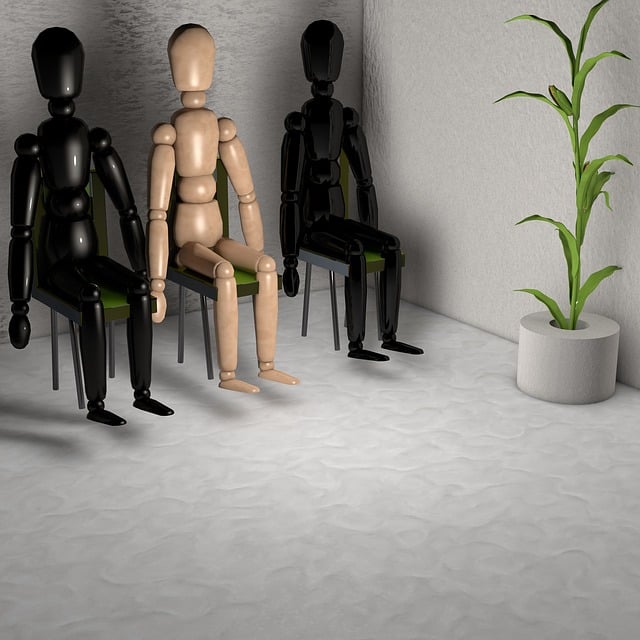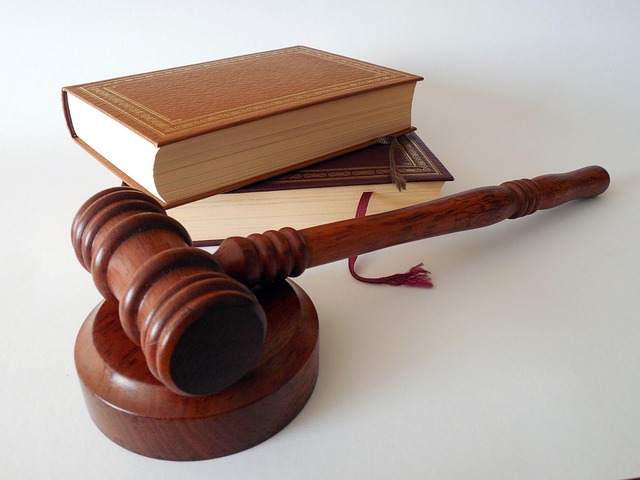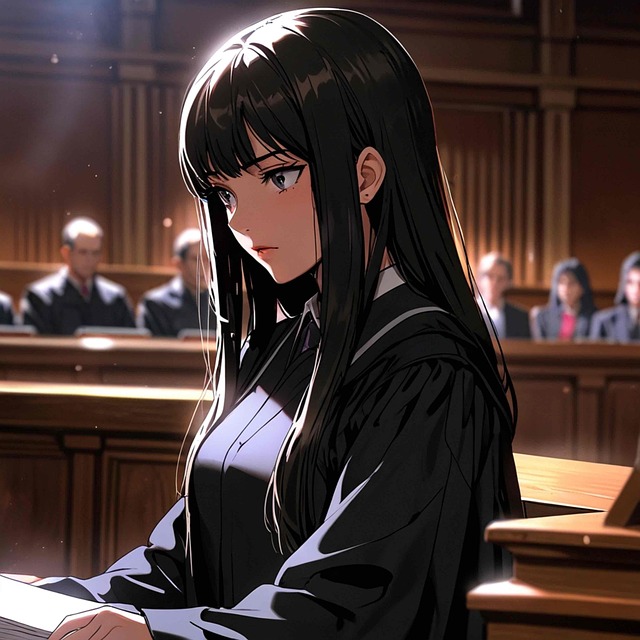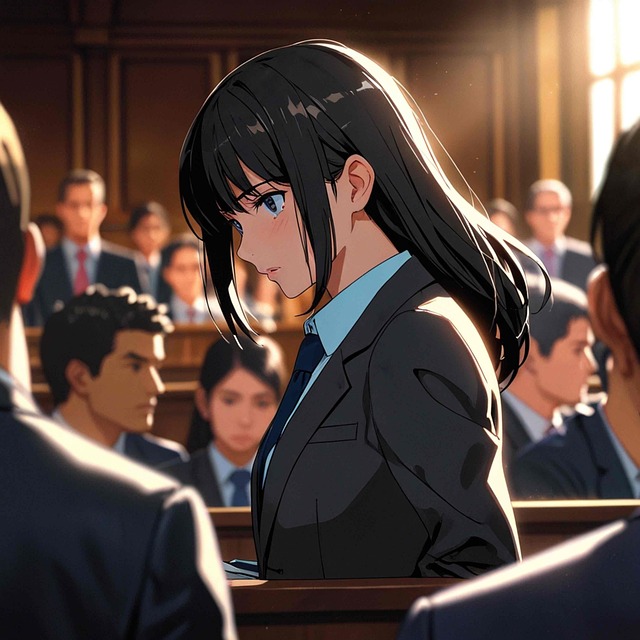The Orlando UCF campus poses various hazards, including poorly maintained walkways, uneven surfaces, inadequate lighting, extreme weather, overcrowding, and design flaws, putting students, faculty, and visitors at risk. An Orlando UCF campus injury attorney frequently handles cases stemming from these issues, emphasizing the need for proactive safety measures, especially for vulnerable populations like the elderly. Defective products or equipment also contribute to injuries, requiring discussions on liability and client recovery. The warm climate and bustling university life present unique challenges, including heat-related illnesses and slipping incidents, highlighting the importance of understanding these hazards and having legal support from an Orlando UCF campus injury attorney.
“Injuries on the Orlando UCF campus are not uncommon, with various factors contributing to a range of incidents. From environmental challenges posed by Florida’s climate and campus layout to accidents involving vehicles and pedestrians, understanding these causes is vital for both students and legal professionals alike. This article explores common injuries, focusing on environmental factors, vehicular collisions, and slips/falls, offering insights into prevention, responsibilities, and the role of an Orlando UCF campus injury attorney in navigating potential legal aspects.”
- Environmental Factors on UCF Campus
- – Discussing the unique challenges of Orlando's climate and campus layout
- – How heatstroke, dehydration, and slipping/falling incidents are prevalent
Environmental Factors on UCF Campus
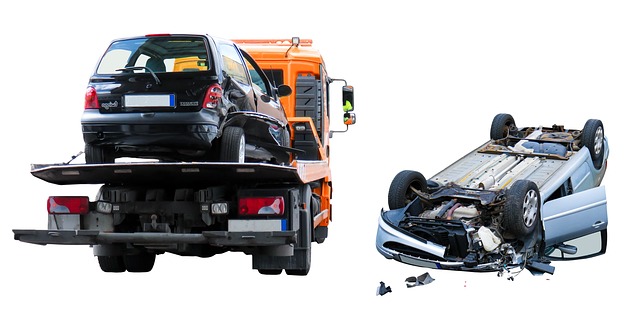
The environment on the Orlando UCF campus can present various hazards that contribute to injuries. From poorly maintained walkways and uneven surfaces to inadequate lighting in certain areas, these factors can increase the risk of slips, falls, and other accidental injuries. Moreover, extreme weather conditions like heavy rainfall or high temperatures can further complicate matters. Students, faculty, and visitors alike are vulnerable to environmental pitfalls, making it crucial for UCF to maintain a safe and well-kept campus. An Orlando UCF campus injury attorney often sees cases arising from these issues, emphasizing the need for proactive safety measures.
In addition to physical hazards, other environmental factors play a role in injuries on campus. For instance, poorly designed or managed spaces can lead to overcrowding, increasing the likelihood of collisions and incidents. Furthermore, specific populations like the elderly may face added risks due to mobility challenges, requiring special consideration in facility design and maintenance, which is where an Orlando UCF campus injury attorney might be needed for cases involving elder abuse. Similarly, defective products or equipment used on campus could result in injuries, prompting discussions about liability and client recovery in such scenarios, alongside addressing issues related to product safety.
– Discussing the unique challenges of Orlando's climate and campus layout

The vibrant city of Orlando, home to the UCF campus, presents a unique set of challenges when it comes to injury prevention. The warm climate encourages outdoor activities year-round, but also brings unpredictable weather patterns, including intense thunderstorms and humidity, which can contribute to slippery surfaces and heat-related illnesses. The campus’ sprawling layout with its vast greenspaces and diverse terrain means students and visitors are often navigating uneven paths, construction zones, and busy pedestrian areas. These factors create a complex environment where accidents can occur due to both natural causes and human error.
Moreover, the bustling nature of university life, with students rushing between classes and events, may lead to careless moments, especially when combined with fatigue. Understanding these challenges is crucial for addressing potential hazards and ensuring the safety of everyone on the UCF campus. It’s important to have an Orlando UCF campus injury attorney who can guide individuals through complex legal matters related to negligence, whether it’s a case of caregiver negligence, real estate litigation, or personal injuries from truck accidents.
– How heatstroke, dehydration, and slipping/falling incidents are prevalent
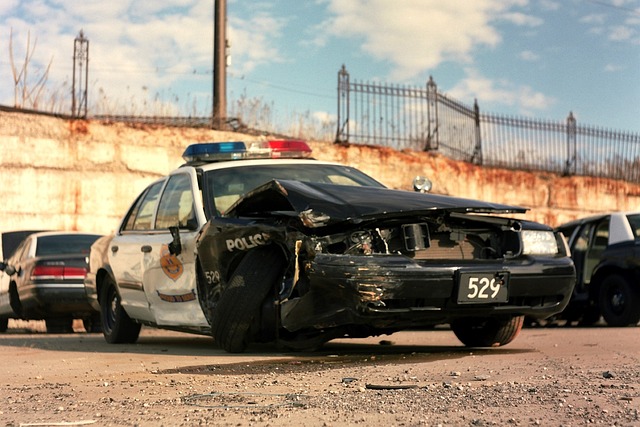
The Orlando UCF campus, with its vibrant atmosphere and bustling environment, presents unique challenges for students and visitors alike when it comes to health and safety. One of the most concerning issues is heat-related illnesses, particularly heatstroke, dehydration, and slipping/falling incidents. The Florida climate brings extreme heat during the summer months, making these problems prevalent among individuals engaging in outdoor activities or exercising intensely. Students often neglect proper hydration due to their busy schedules, leading to dehydration—a serious condition that requires immediate medical attention.
Moreover, the campus’s bustling nature and diverse terrain contribute to slipping and falling accidents. Wet surfaces from heavy rainfall or poorly maintained walkways can create hazardous conditions, especially when combined with the warm climate’s frequent foggy mornings. Orlando UCF campus injury attorneys often see cases involving students who have suffered injuries due to these preventable incidents. Understanding these common causes is a crucial step in promoting safety and ensuring that individuals are aware of their rights regarding injury compensation if they do experience an accident on campus.
Understanding the common causes of injuries on the Orlando UCF campus is crucial for both students and administrators. Environmental factors, such as the city’s unique climate and campus layout, contribute to issues like heatstroke, dehydration, and slipping/falling incidents. Knowing these risks empowers individuals to take preventive measures and, when necessary, seek appropriate medical assistance. If you’ve suffered an injury on the UCF campus, consulting with an experienced Orlando UCF campus injury attorney can provide guidance and ensure your rights are protected.


